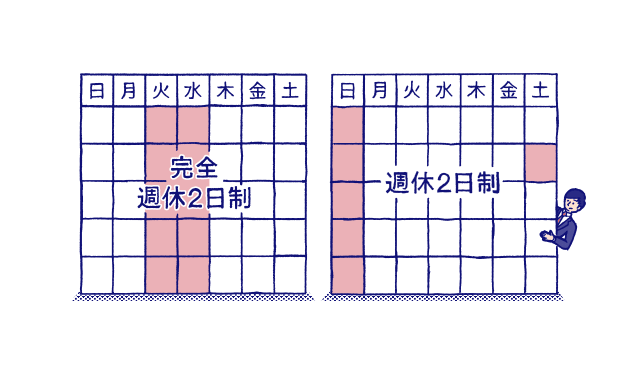What type of card do use?
Front: japanese Kanji
Back: Furigana + translation + example sentence + translation
How many words you can learn in one our counting reviews?
I’m not sure if I understood the question correctly, but I learn roughly 20 new cards each day.
But only because I learn only 1-2 new Kanjis. So I get a lot of cards that teach me the same new Furigana for those two specific kanji.
How much seconds/card you go while doing reviews?
How much seconds/card you spend on cards you learning?
I don’t count the seconds…
But I need 30min for my 150-200 reviews. There are usually 40 old cards I need to review multiple times before “knowing them”
Have you tried using Anki when you knew only 50-200 words? Was it bad? Have your ability to learn new words increased drastically since then?
I started with less than 50 words.
Since my method is based on learning Kanji + Furigana + meaning and that in different word compounds it never got harder/easier.
It’s always the same difficulty. Since new words usually contain 50% known Kanji/meaning/Furigana I only need to learn the other 50%. And the fact that I learn like 10words with the same Furigana it’s more about the outliers…
Maybe you use some kind of memory palaces to remember words’ readings (for when you know the meaning and need to extract how word sounds from head)? Or maybe you use other techniques?
For the outliers I try to use either the pronunciation to form a sentence or ( when I can’t come up with something) just life with the fact, that I need longer for this few words to stick.



